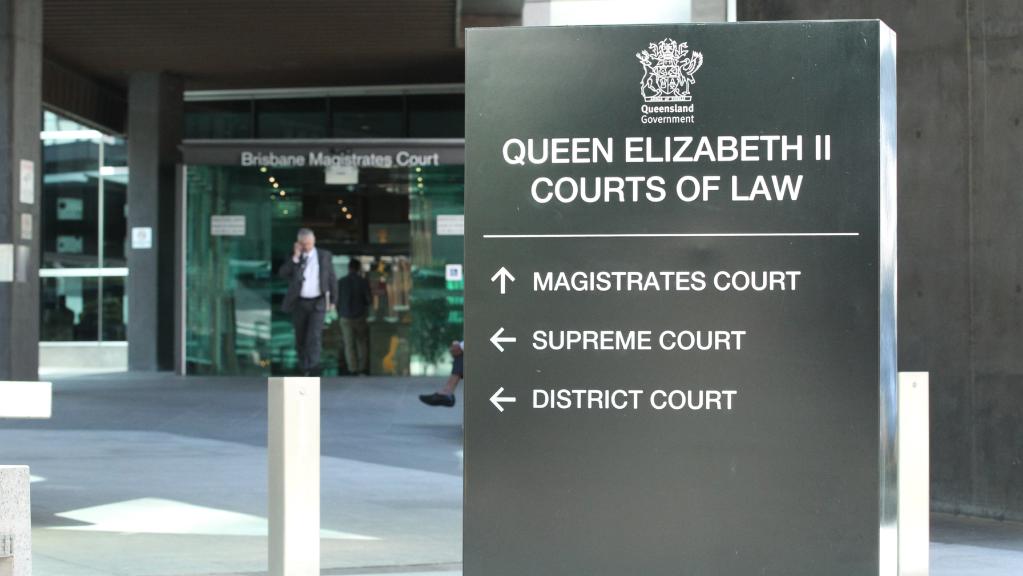Enforcing an Adjudicator’s Order
By Gary Bugden*
One way to resolve a body corporate dispute is to obtain an Adjudicator’s order to compel a person to do something, or to refrain from doing something. But what if the person fails to comply with the order?
Adjudicator’s orders will generally fall within one of two categories:
- Orders requiring the payment of money
- Other orders (such as an order requiring a person to remove a sign from their balcony).
Money orders
An order requiring payment of an amount of money is enforced in the Magistrates Court, irrespective of the sum involved. To start the process the person in whose favour the order was made (“Enforcer”) files with the Registrar of the Magistrates Court:
- a certified copy of the order; and
- a sworn statement confirming the amount outstanding under the order.
The Registrar registers the order in the Court, after which it can be enforced by the Enforcer against the debtor as if it were a judgment of the Court (“Judgment Debtor”). Enforcement requires further steps which must be taken by the Enforcer. They involve the issue of an “enforcement warrant”, which can authorise:
- The seizure and sale of the Judgment Debtor’s property
- Redirection to the Enforcer of a debt owed by another person to the Judgment Debtor (such as rent or other payments made to a bank)
- Redirection of wages from the Judgment Debtor’s employer to the Enforcer
- An arrangement for payment of the debt by instalments.
With the assistance of a case officer in the Magistrates Court, those enforcement processes can be undertaken without using a lawyer. However, they are not straight forward and should not be undertaken by anyone who does not have the skills to navigate relatively complex administrative procedures.
Other orders
Other orders are also enforced in the Magistrates Court, provided the obligation imposed by the order can be enforced (e.g. to remove the sign as opposed to “be quiet”). Again, the process is started by the Enforcer filing with the Registrar of the Magistrates Court:
(a) a certified copy of the order; and
(b) a sworn statement confirming that the obligation imposed under the order has not been performed.
The Registrar registers the order and then the Court can be asked to appoint an administrator to perform the obligations under the adjudicator’s order. Again, the process can be undertaken without a lawyer, subject to the Enforcer having the skills to navigate the process involved. Once appointed, the administrator can effectively take control of whatever has to be done to satisfy the order (subject to that qualification that it must be possible to take that control, unlike the obligation to “be quiet”).
Prosecution for failing to comply
A person who contravenes an Adjudicator’s order (other than an order for payment of an amount of money) commits an offence which carries a maximum penalty of 400 penalty units (which currently equates to $53,380.00). A proceeding for such an offence is commenced in the Magistrates Court, but can only be taken by the Attorney General or any one of the following:
(a) the applicant for the original Adjudicator’s order;
(b) a respondent to the application for the original order;
(c) a person in whose favour the order was made;
(d) the body corporate; or
(e) an administrator appointed under the BCCM Act who is authorised to perform obligations of the body corporate or its committee.
In addition to any fine, the Court can award costs in favour of the prosecutor.
Unless the person commencing the prosecution is very experienced in prosecuting offences (which essentially have to be proved to the criminal standard of proof), they should not start a prosecution without the assistance of a solicitor.
Conclusions
Obtaining an Adjudicator’s order to resolve a dispute is not the end of the matter. If the order is not complied with, it will need to be enforced in the Magistrates Court. There may be options as to how the order is enforced and one of those options may be a prosecution for an offence. In all cases care needs to be taken to ensure proper procedures are followed because an unsuccessful enforcement or prosecution can result in an order for costs against the enforcer or prosecutor.
* Gary Bugden OAM DUniv is a partner in the Brisbane office of Bugden Allen Lawyers. He is the author of numerous books and loose-leaf services on strata and community titles, is a Fellow of the Australian College of Strata Lawyers and Sessional Professor of Strata and Community Titles at Bond University.




